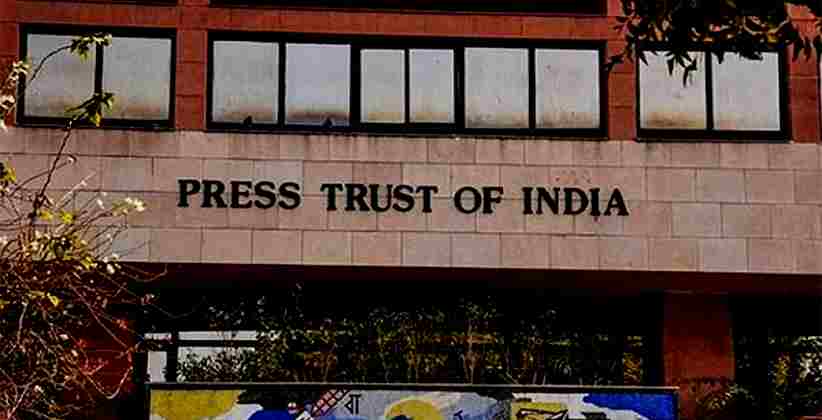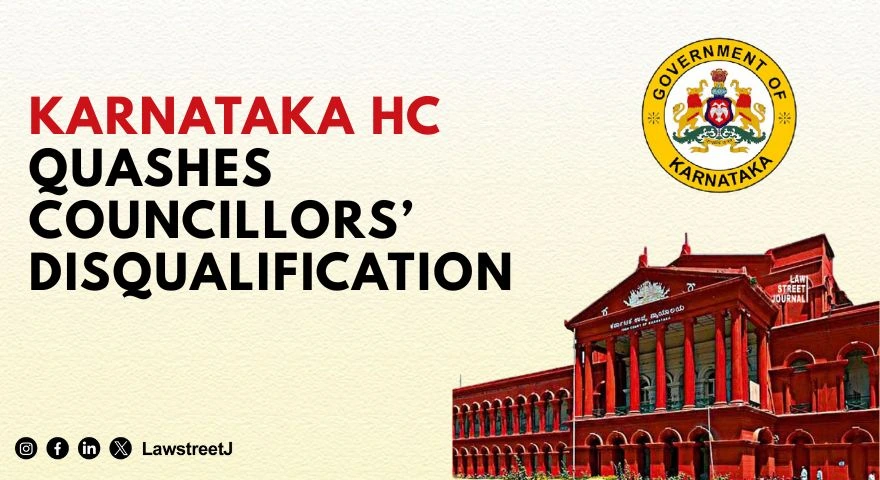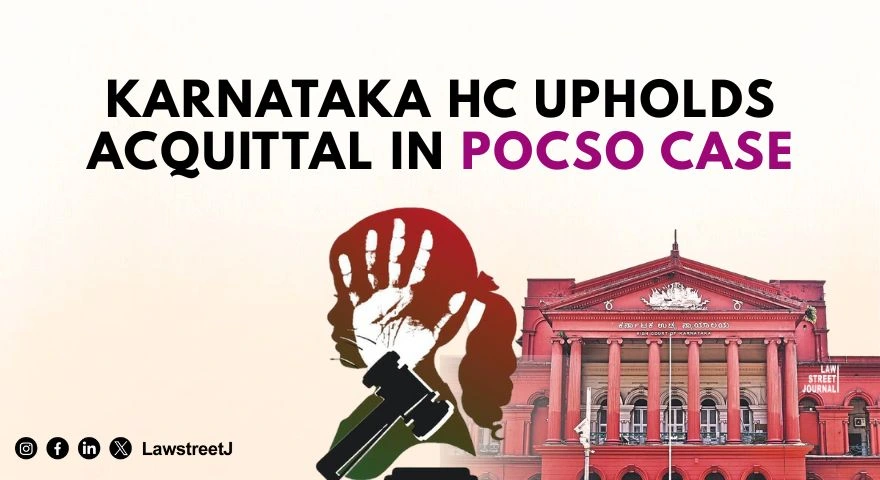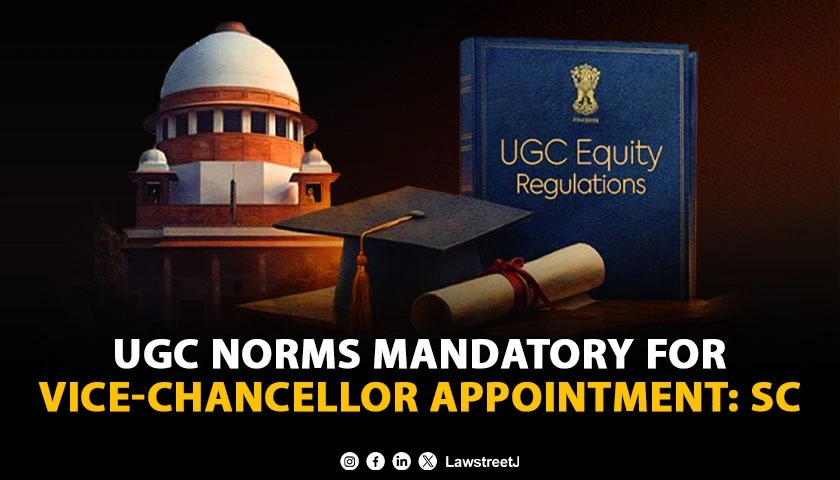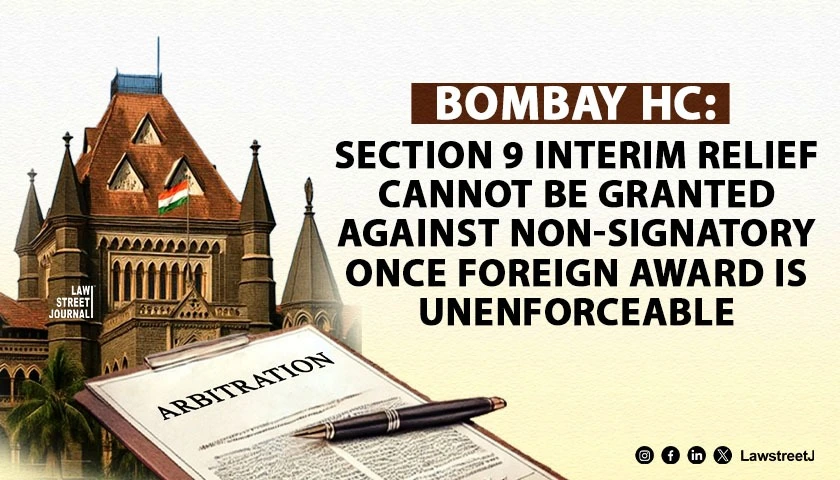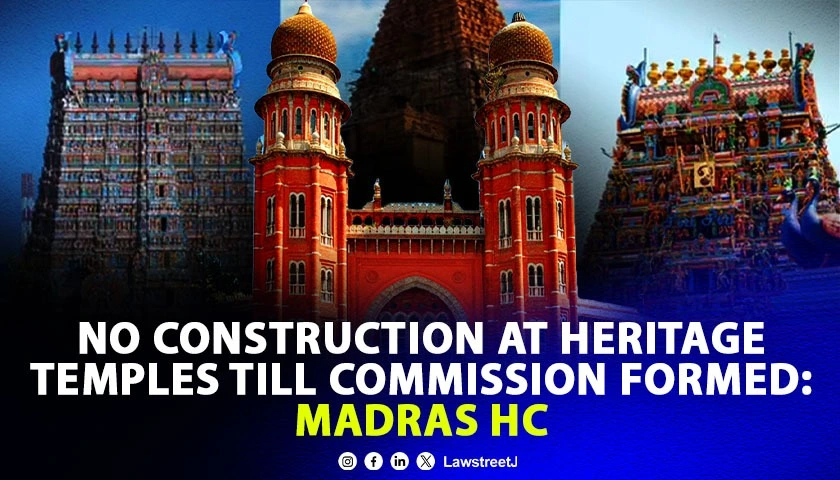Delhi High Court recently denied quashing the retrenchment order passed against the 297 employees of the Press Trust of India stating that the employees seek relief under the Industrial Disputes Act, 1947. The Single Bench of Justice JR Midha observed that the retrenched employees had failed to present any exceptional circumstances in their petition which might require the order to warrant an exercise of extraordinary jurisdiction of the writ under Article 226 of the Constitution.
The order was passed against a bunch of writ petitions as filed by the aggrieved PTI Employees Union and the Federation of PTI Employees Union as they were questioning the retrenchment of 297 employees by the Press Trust of India on 29th September 2018. Apart from the quashing of their retrenchment order the petitioners also pleaded for reinstatement of the 297 employees.
Contentions made by Petitioner
The petitioners claimed that the writ was maintainable before the Court as it satisfied the public function test. It was further contended that the retrenched employees come under the category of workmen as per Section 2(s) of the Industrial Disputes Act and well Press Trust of India also comes under the frame of factory as per the definition given under section 2(m) of the Industrial Disputes Act, 1947 and lastly it was mentioned that PTI engaged in manufacturing process of news, publications, articles, etc. which came within the parameter of Section 2(k)(i) and Section 2(k)(iv) of the Factories Act.
While the petitioners argued that the principle of last come first to go was not followed, the Petitioners marked that while the senior and permanent employees were reduced in number whereas the contractual employees were retained.
They further stated that retrenchment was violative of Section 25-N of the Industrial Dispute Act, 1947 as no three months notice/ three months wages in lieu of notice were provided to the retrenched employees. They also found the retrenchment, violative of Section 16A of the Working Journalists Act, 1955 as the cause of retrenchment was said to be the liability for payment of wages and mandating promotional grades as per Clause 18(f) of Majithia Award.
Contentions made by Respondents
From the very beginning, the respondents have argued that PTI cannot be seen as a factory and neither does it qualify for the provisions of the Factories Act as it is a definite news agency. And as per the respondent, there was no work for the retrenched employees for a long duration and despite no work condition, they were still kept as a part of the agency due to which PTI was suffering from operational losses.
The respondents also mentioned that the communication letter addressed to each of the employees gave explicit reasons for the retrenchment. The retrenchment letters were also posted on the website and were pasted to the respective and prominent places of each office of the respondent and in the retrenchment letter, the details regarding the payment of notice pay and retrenchment compensation were already mentioned on the basis of calculation.
The judgment of Delhi High Court
The Delhi High Court refused to accept the plea of Petitioners and provide them with relief under the writ jurisdiction and the Court observed, The retrenched employees have a statutory remedy to raise an industrial dispute under the Industrial Dispute Act, 1947 as the petitioners have based most of their claims on the violation of provisions of Industrial Disputes Act. There are no exceptional circumstances showing the exercise of writ jurisdiction under Article 226 of the Constitution in these writ petitions.
Thus, while highlighting that certain complicated matters of retrenchment dont exhibit exceptional circumstances and should be adjudicated before the Industrial Tribunal and the Court has stated that the petitioners have failed to explain their authority to file the writ petition on behalf of the 297 retrenched employees of PTI, in the writ petition itself or even in the documents presented along with the writ petition as on the date of filing the petition. Therefore, the plea stands dismissed.

